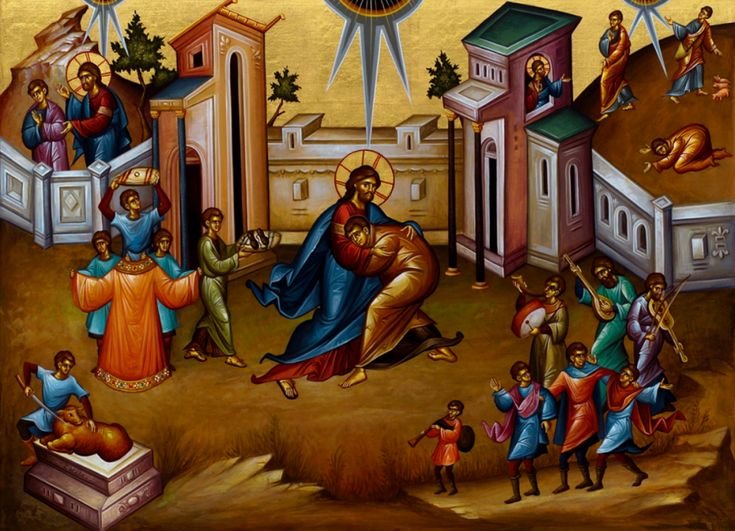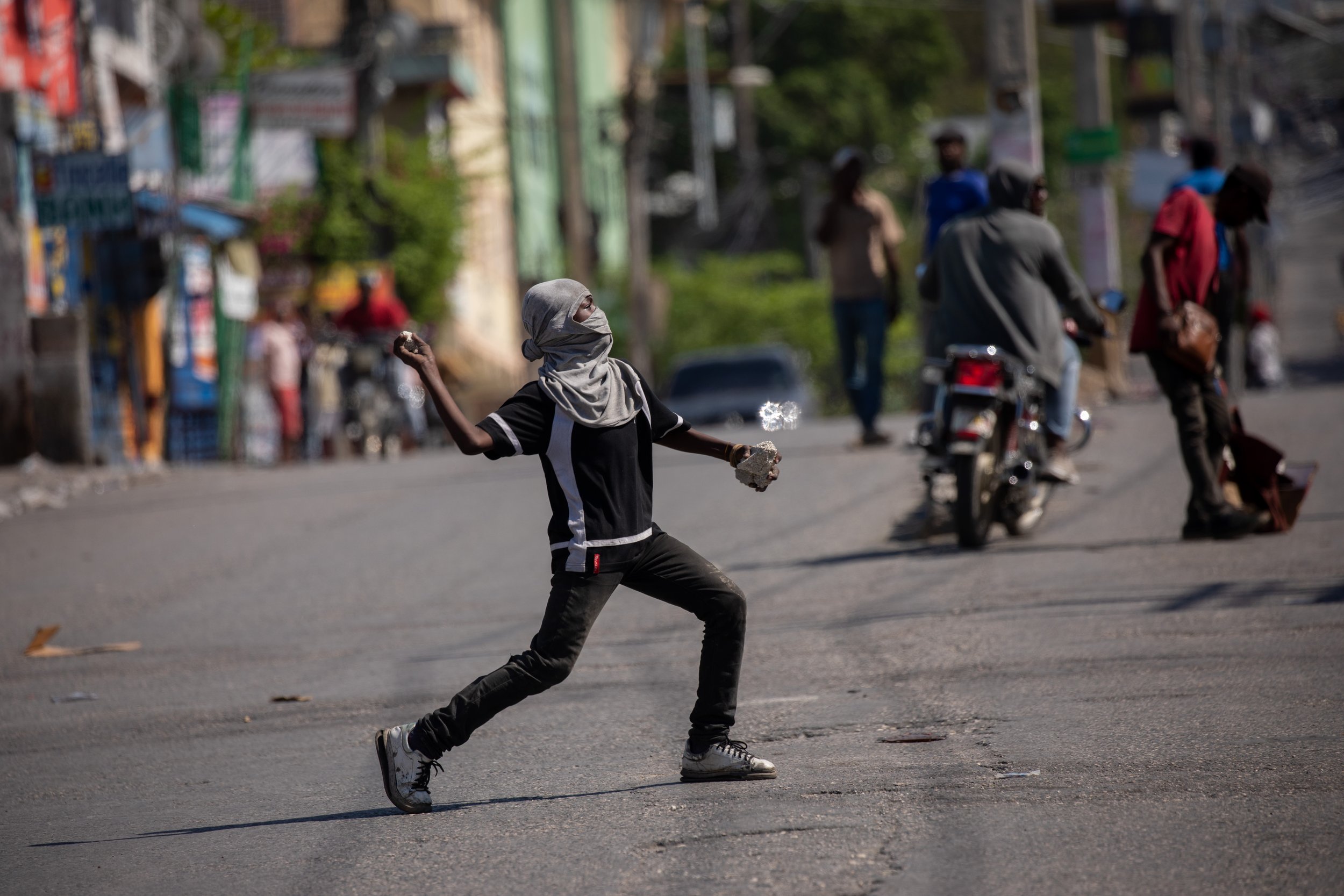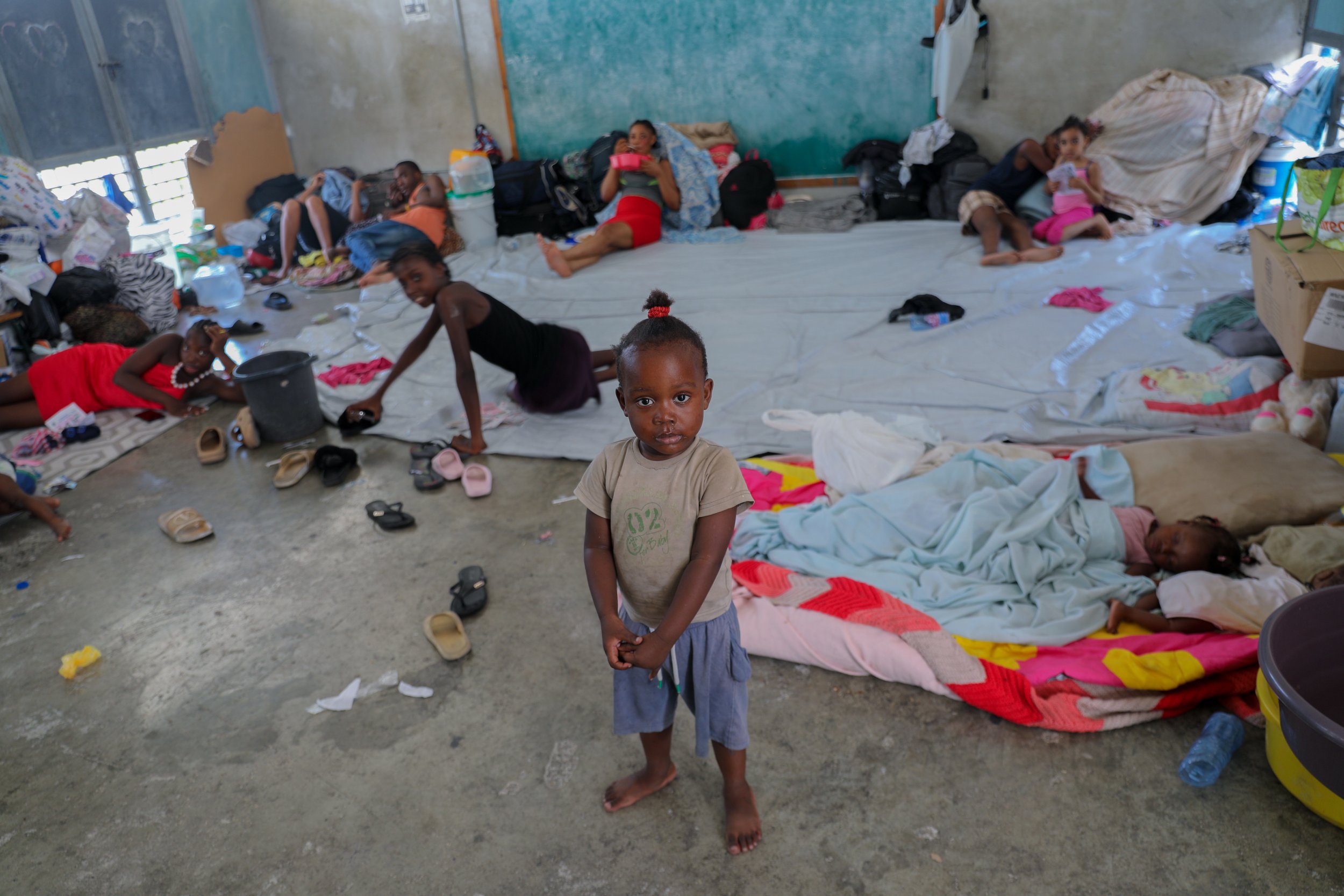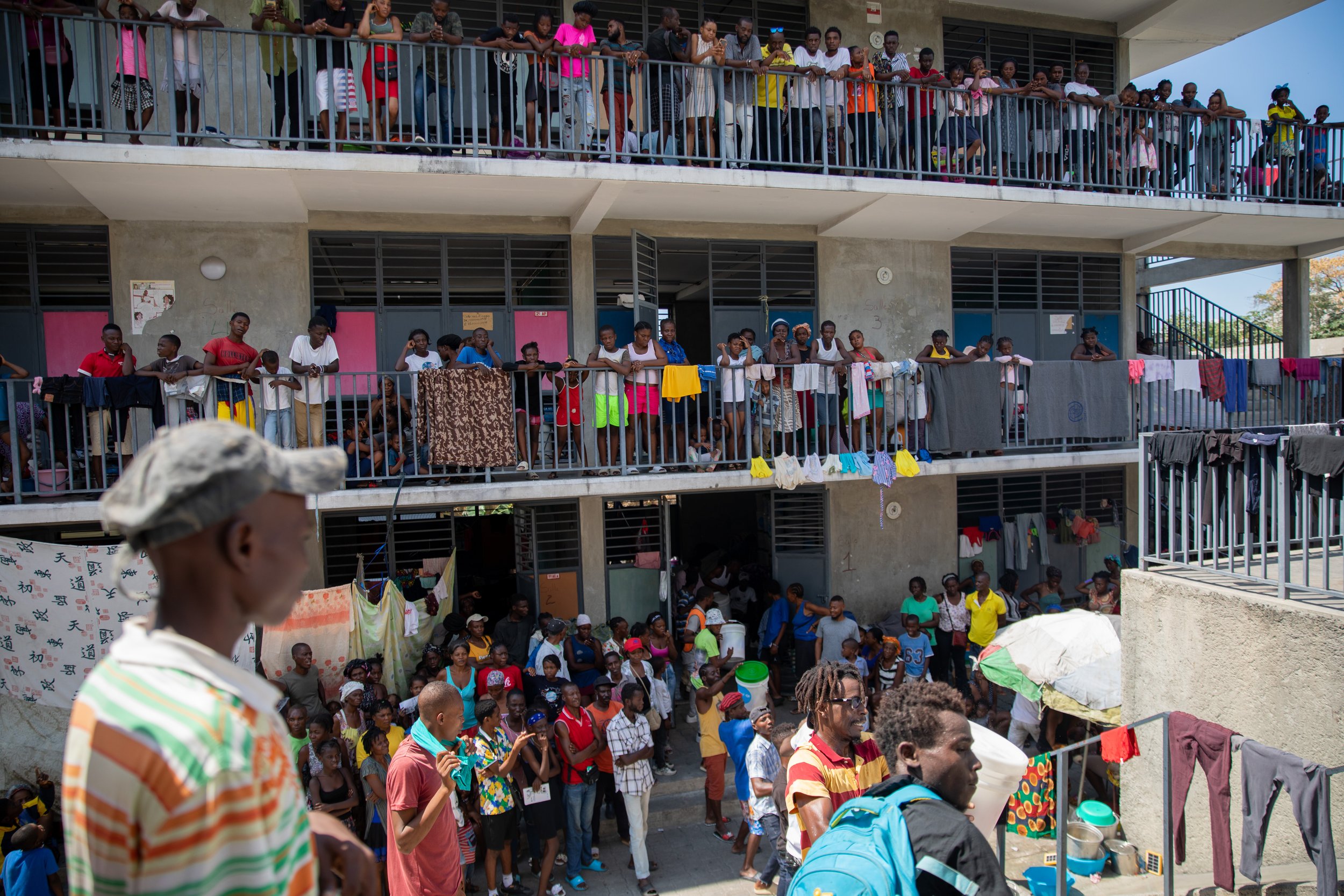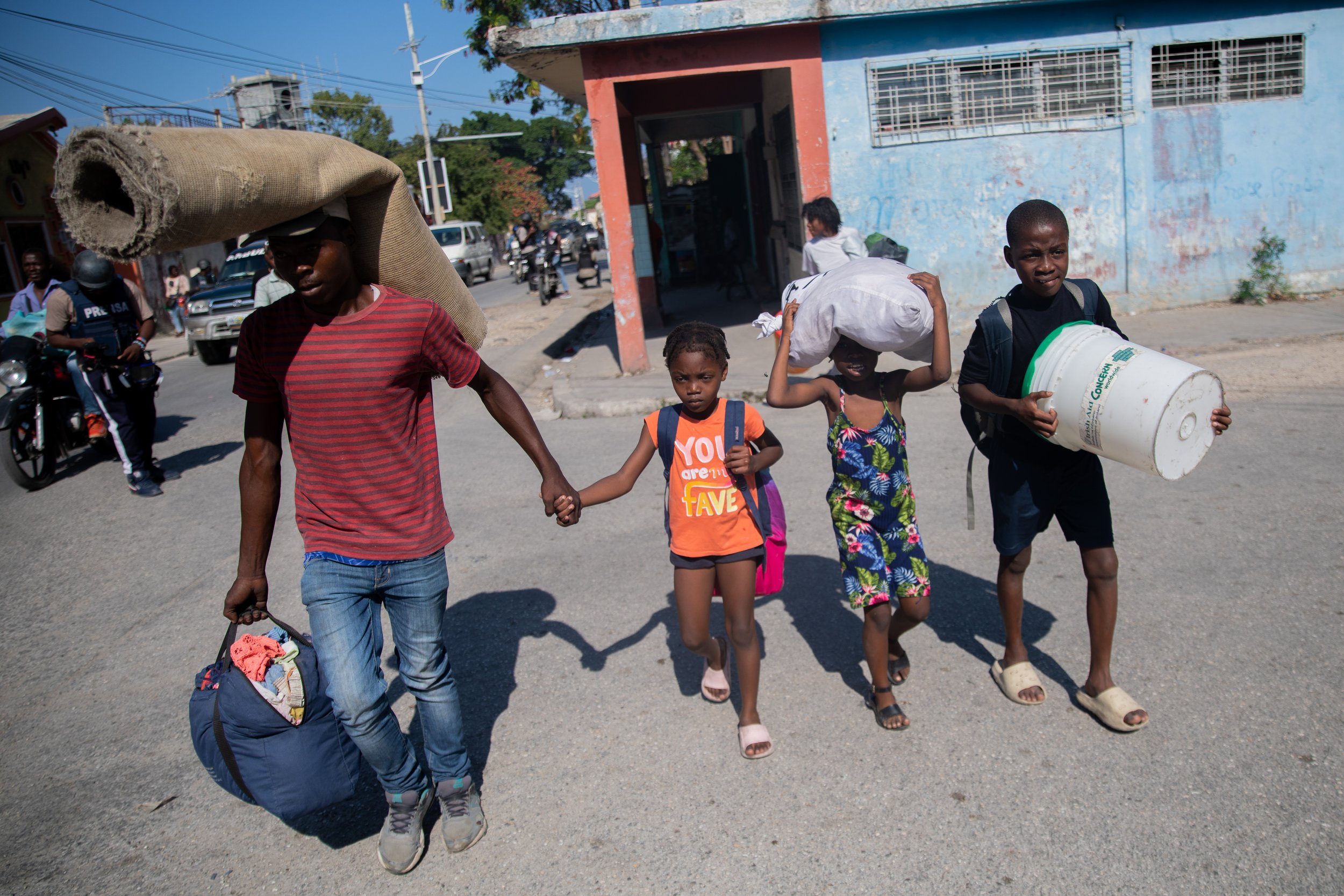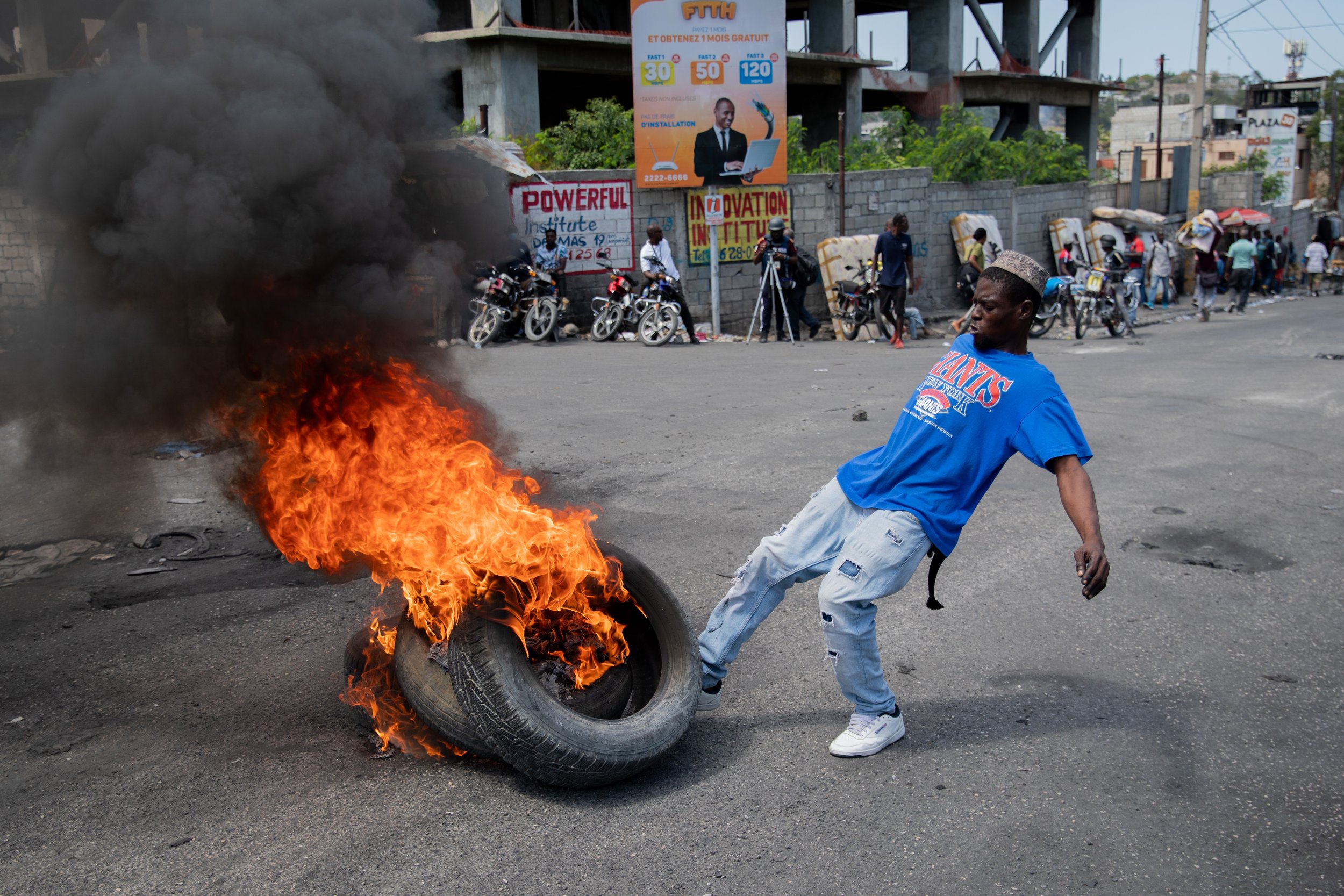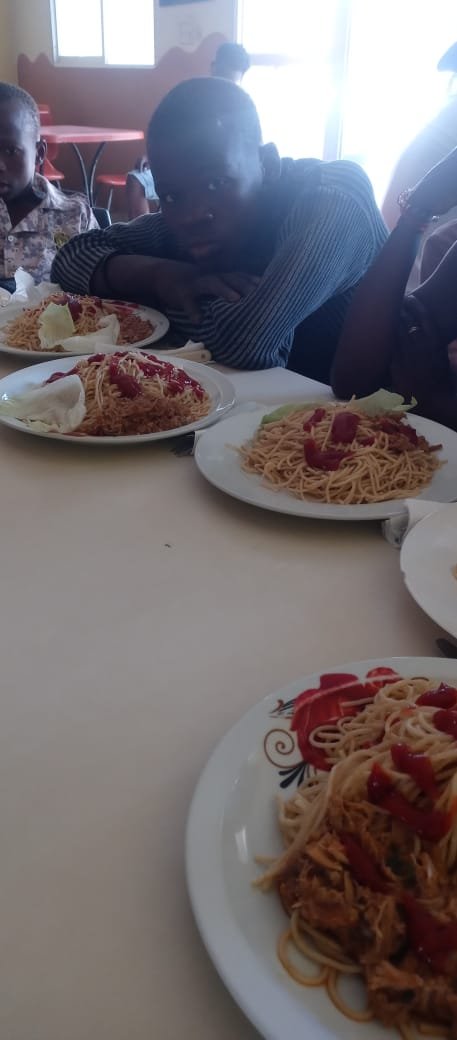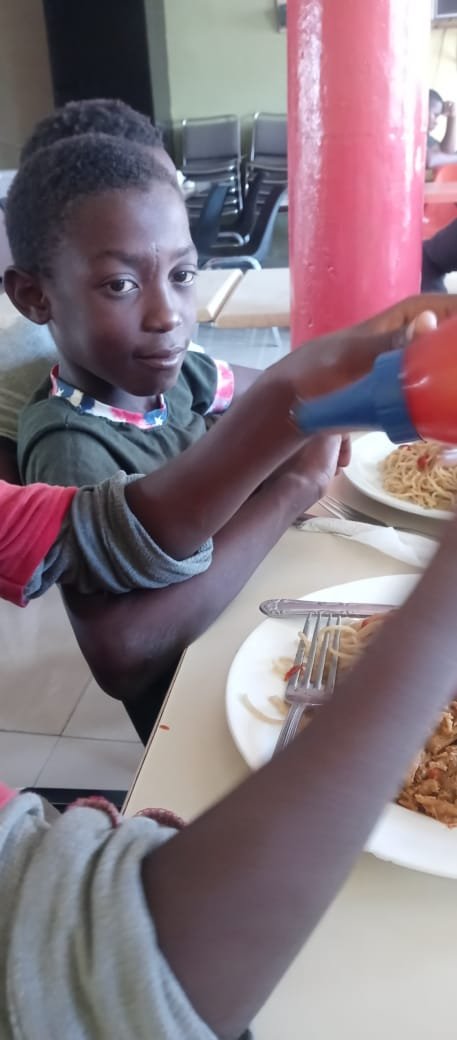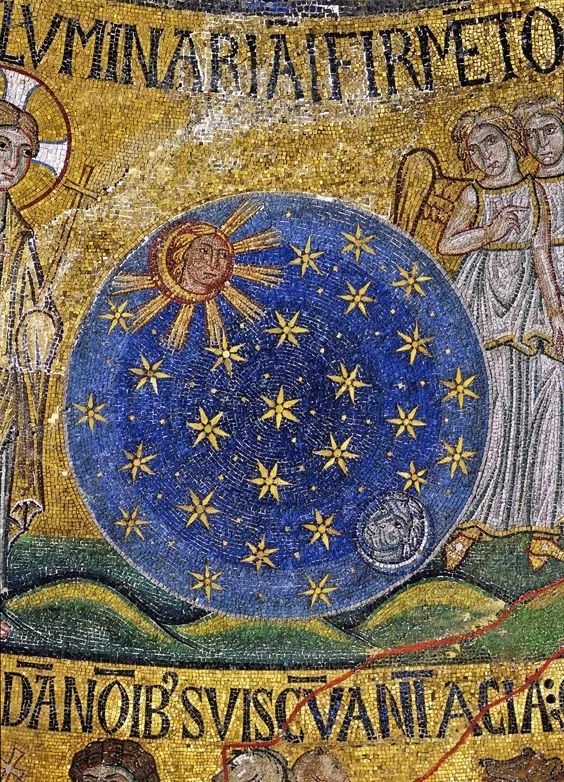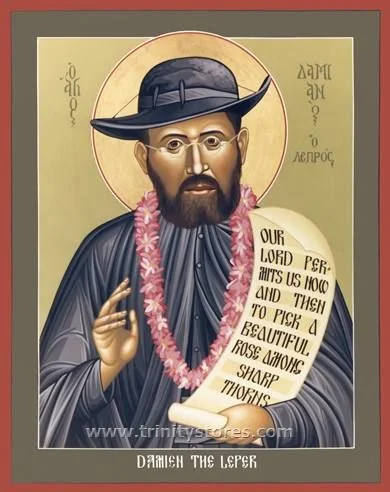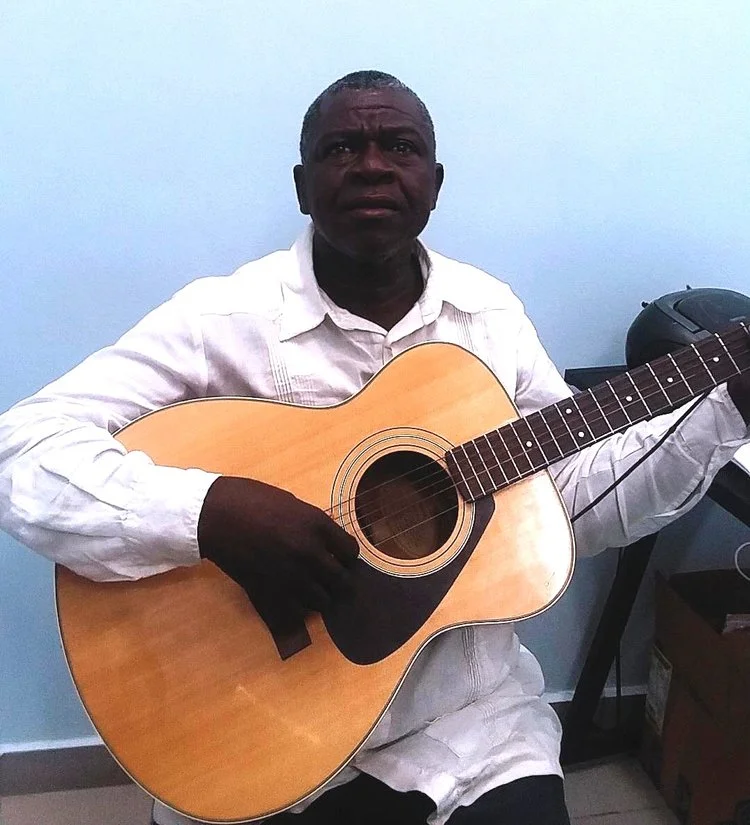The Passion of God, and the Absolution of the Innocent
/Dear friends and family,
These words garner wisdom from the Scriptures and from Christian tradition.
Maybe you will find them helpful, as I do, in the face of so many humanitarian catastrophes.
The Christian approach to such a conflicted world invites the cultivation of a Gospel heart, especially as Holy Week becomes the prism revealing how this is achieved, even in the worst of circumstances.
The people of Haiti are in anguish, and as is well published, in many other countries savage violence is destroying the lives of countless innocent people.
If we raise our arms in prayer for them, we must also sign and seal our prayers with the pledge to help with every resource and all vigor.
In Port-au-Prince, entire neighborhoods of good and hard working people are sent running for their lives by those who would kill them, and loot and burn their homes. It is hard to imagine, but sometimes a whole family is burned in their home. Many others are held in bondage by malicious kidnappers. Too many people die from gunshot injures, children being frequent victims. Many women are raped. There is atrocious harm done to people, to property, and to the institutions that define civilization.
But the invisible damage to the hearts, minds, dreams, and souls of the many victims is also appalling. People's lives are marked by powerlessness, shame, and humiliation.
Christians are contemplating this week how Jesus took on the shame and humiliation of the human family, because he accepted to make atonement for guilt that was not his. By doing this with a deeply faithful heart, although innocent, and refusing to return evil for evil, he unleashed a power for healing and for life that has sustained and transformed people over twenty centuries, and is offered again to every new generation.
Two weeks ago, we had an alarming experience with over a hundred refugees. Most of our help to refugees goes to those already in rudimentary shelters. There are at least five thousand of them, in various shelters around us. But this large group was on our streets, running for their lives.
Mothers and grandmothers, children under their arms, everything they owned tied in a bundle on their heads. It was night. There was cold rain falling. It was pathetic to see, and to live through it with them.
The only space we had that could possible hold them was empty because of the same violence. Bandits already attacked us three times there. It was our children's home for the disabled and abandoned.
Not only that, but there are often major gun battles in our area, at Tabarre bridge, right behind that site.
In other words, we could not offer them a safe haven.
So we brought them, with two trucks, each making two trips, to a school shelter, and they were violently refused.
We brought them to a second, and we were all run out of there with gunshots over out heads. Even the person who led us there was beaten for his doing so.
Even if we understand that neighborhoods protect themselves by refusing strangers (who might be bandits or spies). and they refused the women and children because they will draw their husbands and fathers (who might be bandits or spies), the harsh and violent refusal was deeply disturbing. Fear deforms and dulls humanity.
So for a third time, two trucks, two trips each, we returned to our own front door.
Welcome!
Here are dry clothes, here is plenty of water to drink and to bathe.
We will share bread and coffee in the morning, milk for the children,
a hot meal at noon, something simple before bed.
Tell us your names, what happened to you, where you hope to go.
We will do our best to make that happen, before a week goes by..
The oldest of these refugees, Madame Marie Joseph, whose life has been tough since the time of the Duvalier dictatorship even to now, became vibrant and gracious as she was able to unwind from stress and feel again like a person who meant something to someone.
When one of our farm workers walked past her, she said to him, "moun sa yo se bon moun net!"
"These are totally good people!"
I said to her, "Madame Joseph, It takes one to know one!"
But in fact I cannot think of a higher compliment to give someone. To be known for goodness, down to your bones.
The great spiritual training ground called "Lent" is about how to cure the devastating soul sickness caused by humiliation and shame.
The word humiliation comes from the word humus, meaning dirt.
Humiliation makes you feel like dirt, like you are flat on the ground, trampled underfoot, and you literally having "no standing". You are subhuman, a non person. You weigh nothing on the scales of life.
We recently sat with a friend who was just released from a three month kidnapping nightmare, having been beaten and often threatened with death, who was kept in a dark room that had one small hole for light.
He explained how he fought for his sanity, how he used to hunt cockroaches in his dark cell as a way to pass the time, until he realized one day the roaches were superior to him in worth, in freedom, in every way.
This is the mental breaking point those who humiliate are trying to achieve.
Shame comes from a very ancient word (skem) which means "to cover", in the sense of covering your face with your hands because you are disgraced and trying to hide.
Shame comes when you internalize what your humiliators are doing to you.
You start to agree with them, to believe they have reason to humiliate you, and you start to humiliate yourself.
You are sure you have no value. No face. You can't even try to "save face."
You don't have one.
Humiliation and shame can be among the most disastrous feelings any human being can have.They are powerful seeds of self destruction.
They set both heart and soul into a downward spiral, feelings and thoughts become deformed and distorted, all ideas of self worth and dignity are eaten away by self loathing.
Physically the body slumps under melancholy, energy levels become dangerously sluggish, the central nervous system changes physiologically from vibrancy to death-like hibernation.
The Christian remedy for this bitter suffering is a healing and redemptive balm, a strong mix of atonement, forgiveness and mercy. These are, in fact, the profound themes of this Most Holy Week.
An essential distinction is necessary at this point.
There is the kind of humiliation and shame that begin with your guilt, when you do something wrong.
Their purpose is to alert you that your compass is off, you are straying from true north, you are heading in a direction dangerous for you and for society.
This kind of humiliation and shame ends when you are remorseful, confess what you have done, repair of the damage you have caused, and are forgiven.
This kind of shame and humiliation are good for us, and are ritualized in order to restore both relationships and dignity.
But there is in much larger, deeper and broader experience of humiliation and shame, which is not caused by guilt. It is the shaming of the innocent.
Victims of bullies, and those who have been kidnapped,
lone survivors of deadly crashes,
those persecuted for their race, class, gender, religion or color,
those who have been repeatedly abused by family, or clergy or trusted authority,
Those who feel they never fit in and are always shunned,
heroes who could not succeed in saving a life,
lovers who could not prevent the suicide of the beloved,
and so many more.
Many of these people experience guilt or shame, even though they have done nothing wrong.
The humiliated innocent abound, they are all around us.
They need to be absolved, not from sin but from shame, shame caused by the deadly sins of others, or by the bitterness of life.
The cure is stated simply, and hard to practice.
Prayer, penance and almsgiving,
Prayer is placing your mind inside your heart, and from there, talking intimately with God.
You and God talking. No one else. Evict all other inner dialogues. Don't check your iphone.
You, finite and limited, talking to God who is Wonderful, Counselor, Father Forever, Prince of Peace.
If you succeed in this, you create an atmosphere inside of yourself that invites ascent.
You become more than you can be on your own.
You understand more than you can know on your own.
Your innate human tendencies take on new dimensions and powers.
You live in a soul-rootedness that makes you understand
what every prophet, every poet, every visionary, every Holy Book
has said throughout the centuries:
that goodness, beauty, truth, and love are eternal,
that those whom you love, and everything good thing you have every know in your life,
cannot be taken from you.
Your treasure is free of moths, untroubled by rust, not accessible to thieves or killers.
It is yours forever. And you know it.
You will have no difficulty understanding why penance follows this kind of prayer.
You don't want to lose this state of prayer.
And so you will deeply regret any thought, any word, any action that has been harmful to anyone, or offensive to God.
Finally, you give alms.
Another hard part.
The word alms in greek is from the same root as "eleison"
as in "kyrie eleison". Lord, have mercy.
To give alms means to be merciful.
It doesn't mean throwing your spare change into a box or collection plate.
It means, as did the good Samaritan, you engage, fully and totally.
You engage because a person is in trouble, and their trouble humiliates them to dust,
and as you put them on your own horse, you lift them out of humiliation to dignity,
and as you lead the horse to where they can be helped, and hand over a pound of coins for their care, you break the chains of their shame,
and as you announce to your new brother or sister, and to the innkeeper,
that you will soon return to check on things, that please, the best care must be given, and yes I will come with more money as needed,
as you do this, you have redeemed a person, a soul, for God.
You and I have this power. It is so badly needed.
Christians have this power as a marching order,
"Be merciful, as your heavenly Father is merciful!" (Luke 6:36)
Speaking of merciful, we thank you most sincerely for staying with us through thick and thin,
as we stay with the Haitian people through thick and thin.
The airport is closed, the Port is closed, the borders are closed,
Food warehouses have been ransacked and looted by a few thousand heavily armed bandits who keep eleven million good people hostage.
Hunger has increased over the past year, as announced regularly by the UN.
Famine is looming under the present circumstance if something doesn't give.
We are scrambling to send hundreds of pounds of seeds to a number of St Luke affiliated communities around the country. We will send "two-month corn" and other fast crops. It all helps.
We know that better days are ahead, and that light and goodness surpass by far the darkness that those who have given themselves over to wickedness have created.
In this spirit we wish you a peaceful springtime, and a blessed Easter.
May the gift of peace be ours together, the first gift of Jesus Risen!
Fr Richard Frechette CP DO
Port-au-Prince
March 24, 2024


